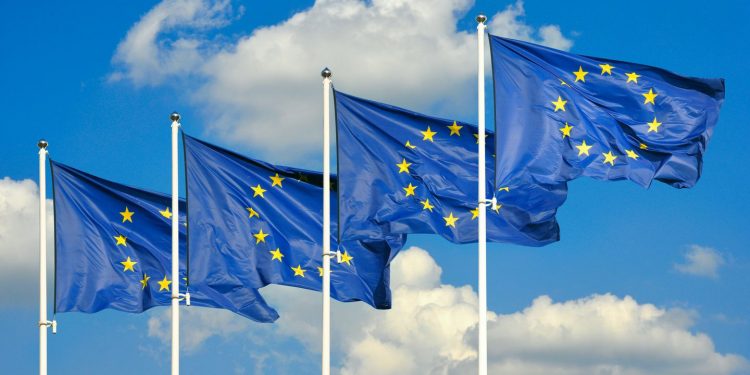Draft on Sustainability Reporting Standards for SMEs
The European Financial Reporting Advisory Group (EFRAG) releases two drafts on sustainability reporting standards for SMEs, aiming to formulate regulations for sustainability reporting standards for small and medium-sized enterprises and standardize sustainable information disclosure.
The drafts released this time is divided into two parts, one is the sustainability reporting standard for listed small and medium-sized enterprises (ESRS LSME ED), and the other is the sustainability reporting standard for unlisted small and medium-sized enterprises (VSME ED). EFRAG plans to submit the former to the EU for review and make it a mandatory disclosure requirement in 2026, while the latter is voluntary disclosure by companies. The drafts on the sustainability reporting standards for small and medium-sized enterprises released this time are also effective supplements to the existing European Sustainability Reporting Standards (ESRS) for large companies.
Related Post: EU Approves European Sustainability Reporting Standards ESRS
Draft on Sustainability Reporting Standards for Listed SMEs
EFRAG’s draft sustainability reporting guidelines for listed SMEs consider the scale and complexity of SME activities and develop relevant reporting requirements based on these characteristics. EFRAG believes that this standard will help small and medium-sized enterprises obtain financing and avoid unfavorable attitudes by financial market participants. ESRS LSME ED is divided into six parts (three general parts and three metric parts), namely:

- General Requirements: stipulates that small and medium-sized enterprises need to disclose the impacts and risks (IRs) related to environmental, social and governance matters in ESRS LSME ED, and how these impacts change their operating conditions. SMEs can disclose the remaining sustainability-related material short-, medium- and long-term financial impacts and submit a separate sustainability statement. Enterprises should use double materiality as the basis for sustainable disclosure and evaluate sustainable matters to stakeholders in the value chain.
- General Disclosures: stipulates the general disclosure content of small and medium-sized enterprises, including the preparation of information disclosure, the company’s sustainable governance process (sustainable management, supervision, and due diligence), sustainable strategy (sustainable business model and value chain), stakeholder views, material sustainability information and its impact, risk management, etc.
- Policies, Actions and Targets: stipulates SMEs to disclose sustainable policies, actions and targets, such as policies developed to prevent and mitigate sustainable risks, as well as the human and financial resources involved in the policies and actions, and also measurable sustainable goals.
- Environment: stipulates environmental matters disclosed by small and medium-sized enterprises, including climate change, pollution, water and marine resource management, biodiversity and ecosystems, resource utilization and circular economy, as well as other environmental issues that may lead to significant financial changes.
- Social: stipulates social matters disclosed by small and medium-sized enterprises, including employee characteristics, wages, social security, employee training, employee health and safety, employee compensation, employee diversity, work-life balance, etc.
- Business Conduct: stipulates governance matters disclosed by small and medium-sized enterprises, including supply chain relationship management, etc.
Draft on Sustainability Reporting Standards for Unlisted SMEs
The contents of the draft on sustainability reporting standards for unlisted SMEs (VSME ED) is like ESRS LSME ED, and includes sustainability disclosure preparation and specific environmental, social and governance issues. In contrast, the information disclosure of VSME ED is simpler than that of ESRS LSME ED. EFRAG believes that the simplified VSME ED can reduce the disclosure burden on unlisted SMEs and save their resources. In addition, VSME ED also includes two optional modules, namely the policies, actions and targets module and the business partner module.
EFRAG plans to provide a four-month consultation period for the two drafts, and interested market participants can submit a consultation questionnaire on the website.
Reference:
EFRAG Consultation on Two Exposure Drafts on Sustainability Reporting Standards for SMEs








